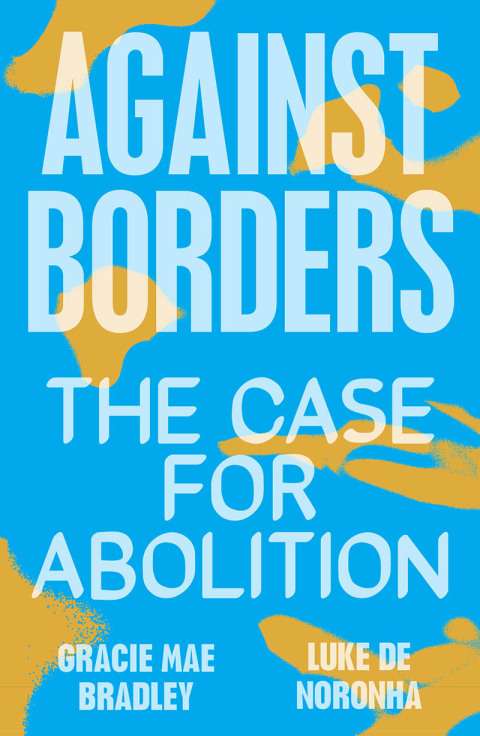Description
Efnisyfirlit
- Cover Page
- Half Title page
- Title Page
- Copyright Page
- Contents
- Preface
- Acknowledgments
- 1 Family Therapy A Shift in Perspective
- Family Therapy: Modality Vs Perspective
- Assumptions About Behavior
- Most Behavior Is Nonpathological
- Most Behavior Is Environmentally Driven
- Families and Relationships Are Powerful Change Agents
- A Conceptual Shift
- Therapy with the Relationship
- Intangible relationships
- Behavioral Repertoire
- Family Therapy
- What Is Family Therapy?
- Contraindications
- Summary
- 2 Intrapersonal Vs Interpersonal Models
- Intrapersonal Vs Interpersonal Models
- Intrapersonal Model
- Individual deficit assumption
- Hydraulic notion of behavior
- Interpersonal Model
- General Systems Theory
- Cybernetics
- Information Theory
- Incongruence: Intrapersonal Vs Interpersonal Models
- Etiology and Spontaneous Change
- Longitudinal vs Cross-sectional Perspective
- Client Resistance
- Psychometric Testing
- The Value of History
- Catharsis; Abreaction
- Defense Mechanisms
- Reframe vs Interpretation
- Psychopathology, Diagnosis, and the Latest DSM
- Role of Medication
- Length of Treatment
- What Family Therapy Is Not
- 3 Theory And Technique
- Role And Relevance Of Theory
- Presenting Problem: Function
- Presenting Problem: Consequences
- Theory Provides Perspective
- Impetus
- Behavior Definition
- From Behavior to Presenting Problem
- Change
- Technique
- Identify Interaction Patterns and Assess Family Structure
- Determining Structure
- Changing Interaction Patterns
- The Role Of Parents
- Hierarchy
- Parental Configuration
- Single Parent
- Role Of The Therapist
- Art or Science
- Wizardry Requires Preparation
- Summary
- 4 Family Therapy Orientations
- Ahistorical Process
- Unifying Features
- Communication Model (MRI, Strategic, Milan)
- Mri
- General assumptions
- Assessment and treatment
- Techniques
- Role of the therapist
- Strategic
- Milan (Systemic)
- New Communication Models
- Structural Family Therapy
- Behavioral
- General assumptions
- Assessment and treatment
- Techniques
- Role of the therapist
- Psychoeducational
- General assumptions
- Assessment and treatment
- Techniques
- Role of the therapist
- Historical
- Unifying Features
- Object Relations
- General assumptions
- Assessment and treatment
- Techniques
- Role of the therapist
- Multigenerational Family Therapy
- General assumptions
- Assessment and treatment
- Techniques
- Role of the therapist
- Experiential
- Unifying Features
- Whitaker
- General assumptions
- Assessment and treatment
- Techniques
- Role of the therapist
- Satir
- General assumptions
- Assessment and treatment
- Techniques
- Role of the therapist
- Summary
- 5 The Therapist
- Therapist Role
- Cultural Healer
- Artisan
- Mental Health Expert
- Basic Therapy Skills
- Normal Social Interaction (with a Twist)
- Social Negotiation
- Therapist As Engineer
- What To Avoid
- Arguing with the Client
- Robotitis (robo-titis)
- Summary
- 6 Questions
- The Function Of Questions
- Reflect Therapist Perspective
- Request Action in an Interactional Manner
- Alter Client Perspective
- Types Of Questions
- Information Seeking
- Rhetorical
- Hyperbole
- Behavior Change
- Direct request for change
- Indirect request for change
- How To Ask Questions
- Basic Components
- Question Format: Reference Domains
- Question Format: Open
- Question Format: Closed
- Question Format: Who Gets the Question
- Sage Questions
- Meaningless Questions
- Redundant Questions
- Empty Questions
- Cliché (brain-dead) questions:
- Summary
- 7 Therapy Implementation
- Doing General Family Therapy
- Therapist Responsibilities And Therapy Objectives
- Presenting Problem Parameters
- Timing
- Function
- Person
- Belief Structure
- Dimensions Of Family Therapy
- Dimension I: Assessment
- Behavioral interaction patterns
- Family belief structure
- Dimension II: Instilling Doubt
- Dimension III: Pattern Change
- Tasks
- In-Session vs Out-of-Session
- In-session
- Out-of-session
- Task Assignment: Written vs Oral
- Compliance vs Noncompliance
- First Contact
- Who Is Present In Session
- First Session
- Subsequent Sessions
- Advanced Strategies
- Developmental Stage Of The Family
- Termination
- Failures
- Departing Comments
- 8 Miscellaneous Topics Supervision, Ethics, and Organizations
- Supervision
- Ethical Considerations
- Professional Organizations
- 9 Recommended Readings Supervision, Ethics, and Organizations
- Books
- Basic Introduction
- Theory—Basic
- Theory—Advanced
- Authors/Techniques
- Ahistorical Process
- Mri
- Strategic
- Milan
- Structural
- Behavioral
- Functional
- Psychoeducational
- Intergenerational
- Bowen
- Framo
- Boszormenyi-Nagy
- Object Relations
- Experiential
- Whitaker
- Satir
- General—Comparative
- Advanced: Issues And Controversies
- Metaphor and the Use of Story
- Family Processes & Psychopathology
- Behavior as Disease
- Families and Schizophrenia
- Marital Dyad
- Marital Dyad—Affect Expression
- Marital Dyad—Distress
- Interparental Conflict and Behavior Problems in Children
- Substance Abuse
- Abusive Families
- Children’s Adjustment to Divorce
- Observational Methodology
- Analysis of Marital and Family Interaction
- Marriage And Family Therapy Research
- Issues
- Outcome
- A Sampling Of Relevant Journals
- Marriage and Family Therapy Journals
- Refereed
- Nonrefereed (nonacademic format)
- Other Relevant Clinical and Child Development Journals
- Newsletters
- What To Avoid
- Lay Books
- References
- Index






Reviews
There are no reviews yet.